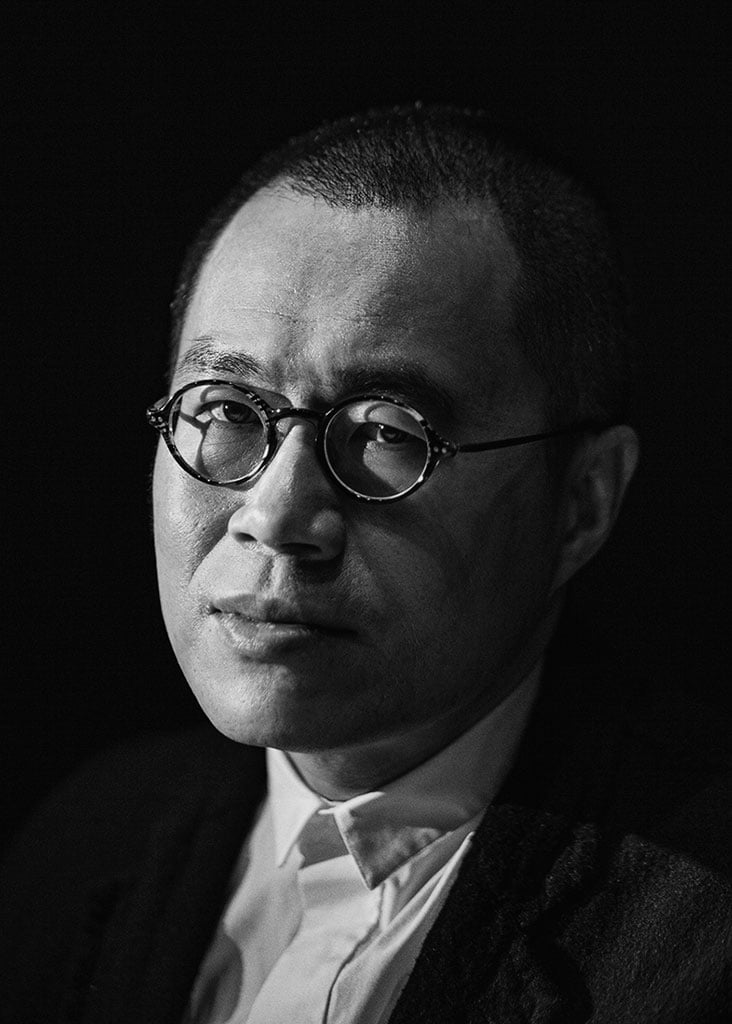Liang Wendao, a celebrated intellectual and cultural commentator in China, has been hosting his podcast Eight and a Half since 2018. Known for his gentle, slow voice and thoughtful insights, Liang earned the affectionate nickname “Dao Zhang” (道长, “Taoist priest”) from his listeners. His episodes span politics, literature, music, movies, and cultural criticism, creating the feeling of a big brother quietly guiding you through complex topics.

Despite this loyal following, fans woke up recently to find Eight and a Half removed from Xiaoyuzhou (小宇宙), one of China’s largest podcast platforms, which includes all previous episodes and channels. While Liang’s content has faced censorship before, this time the ban is total, having even been removed from other mainstream distribution in the Chinese mainland.

That being said, Eight and a Half is still accessible via Apple Podcasts. However, Chinese mainland listeners often rely on Xiaoyuzhou, and reaching Apple Podcasts is less straightforward, which makes the show largely inaccessible to its core audience. This discrepancy highlights the challenges creators face when navigating digital platforms under strict censorship rules.

Listeners’ reactions have been a mix of empathy and pragmatism. Many expressed frustration and sadness, likening Liang’s presence to a comforting companion in their weekly routine. At the same time, fans have encouraged one another to request refunds for subscriptions, seeing it as a reasonable response to losing access to content they paid for and a silent protest to the platform and censorship. This duality captures the emotional and practical dimensions of censorship for engaged audiences.

The incident has sparked broader conversations about freedom of speech and the role of podcasts in shaping cultural tastes in China. For years, Liang Wendao’s calm, measured voice has offered a space for reflection and intellectual curiosity. Its sudden removal underscores the delicate balance between media influence, creative expression, and platform regulations.
Even as Eight and a Half disappears from mainstream channels, the conversations it inspired continue online, reminding listeners of both the power and the fragility of cultural spaces in contemporary China.
Cover image via Yu Photography.
















